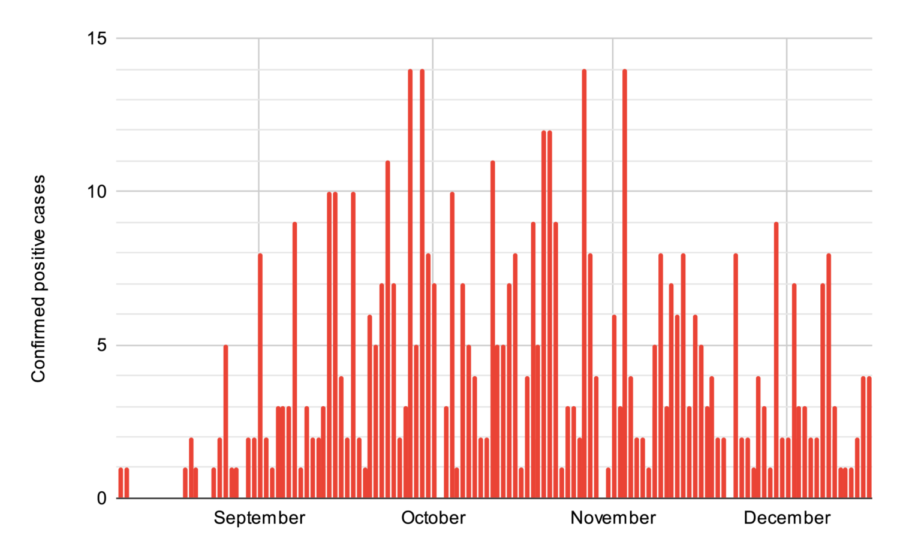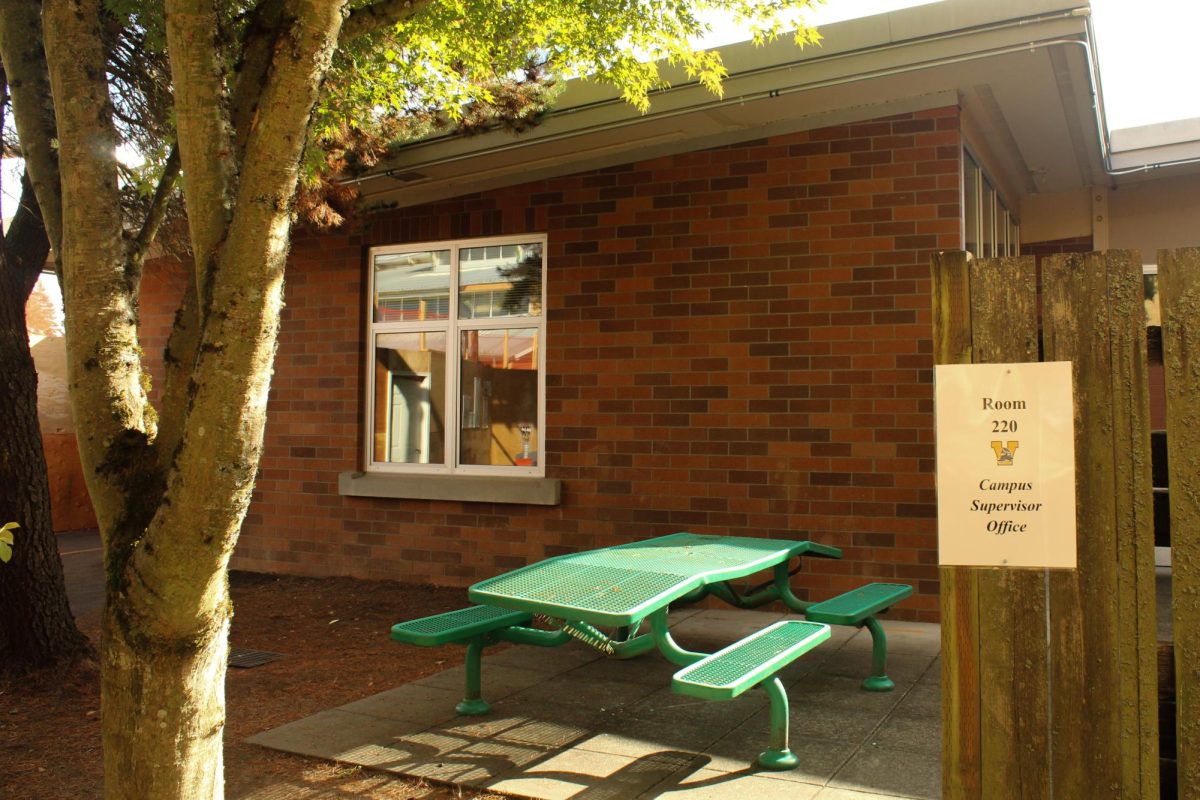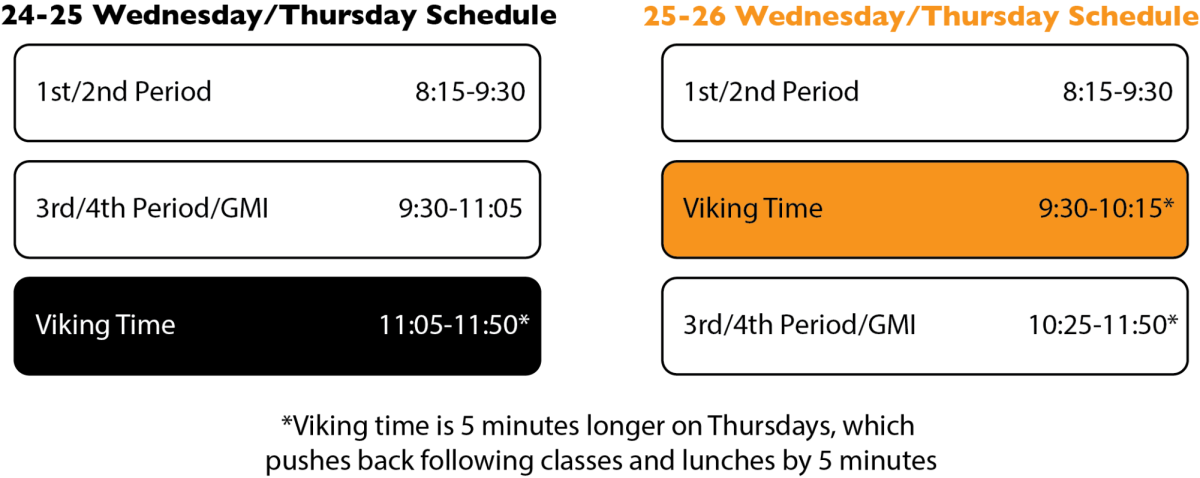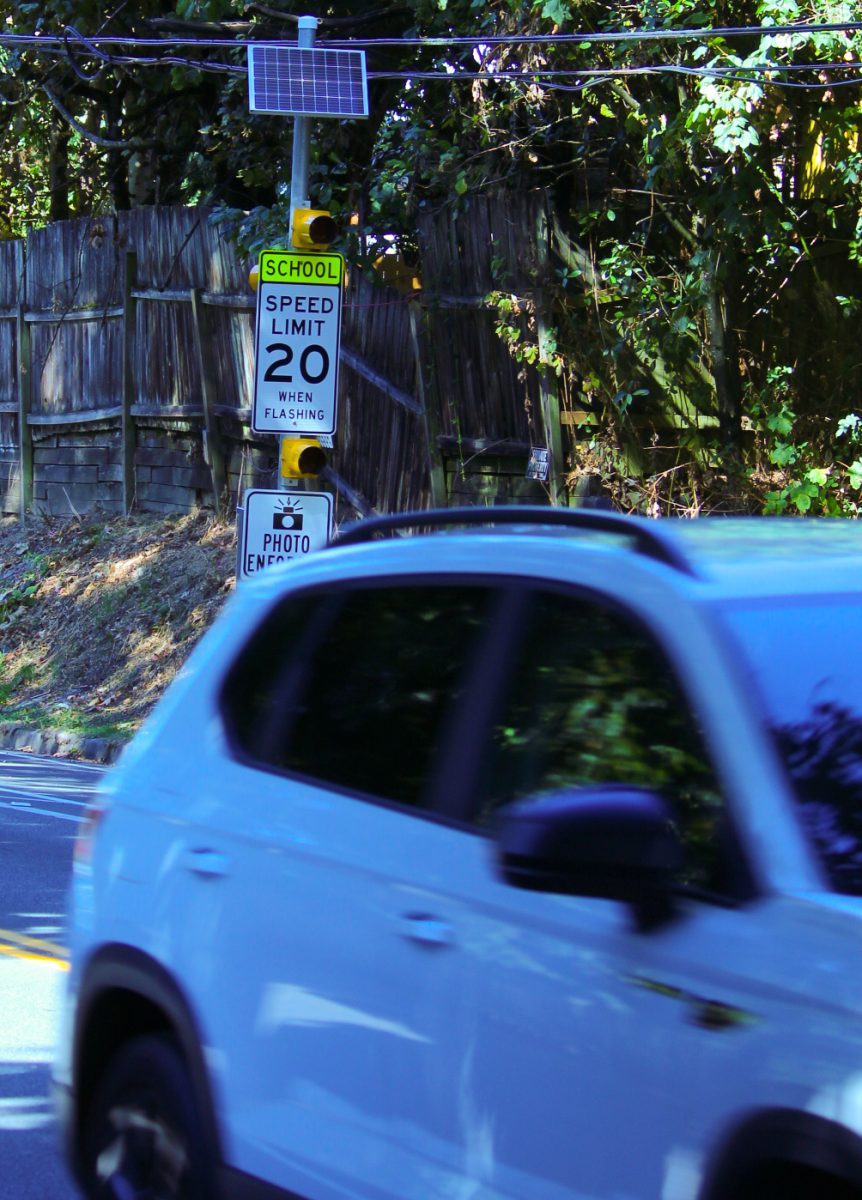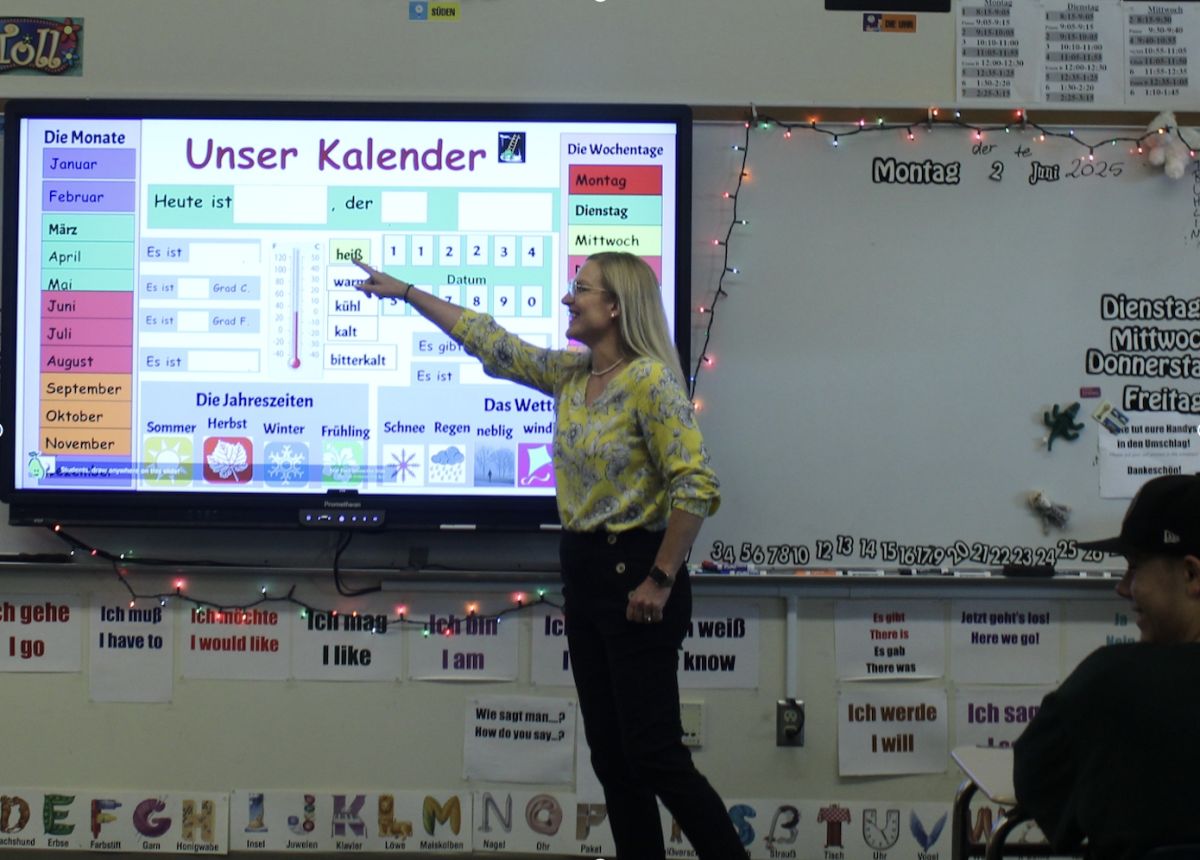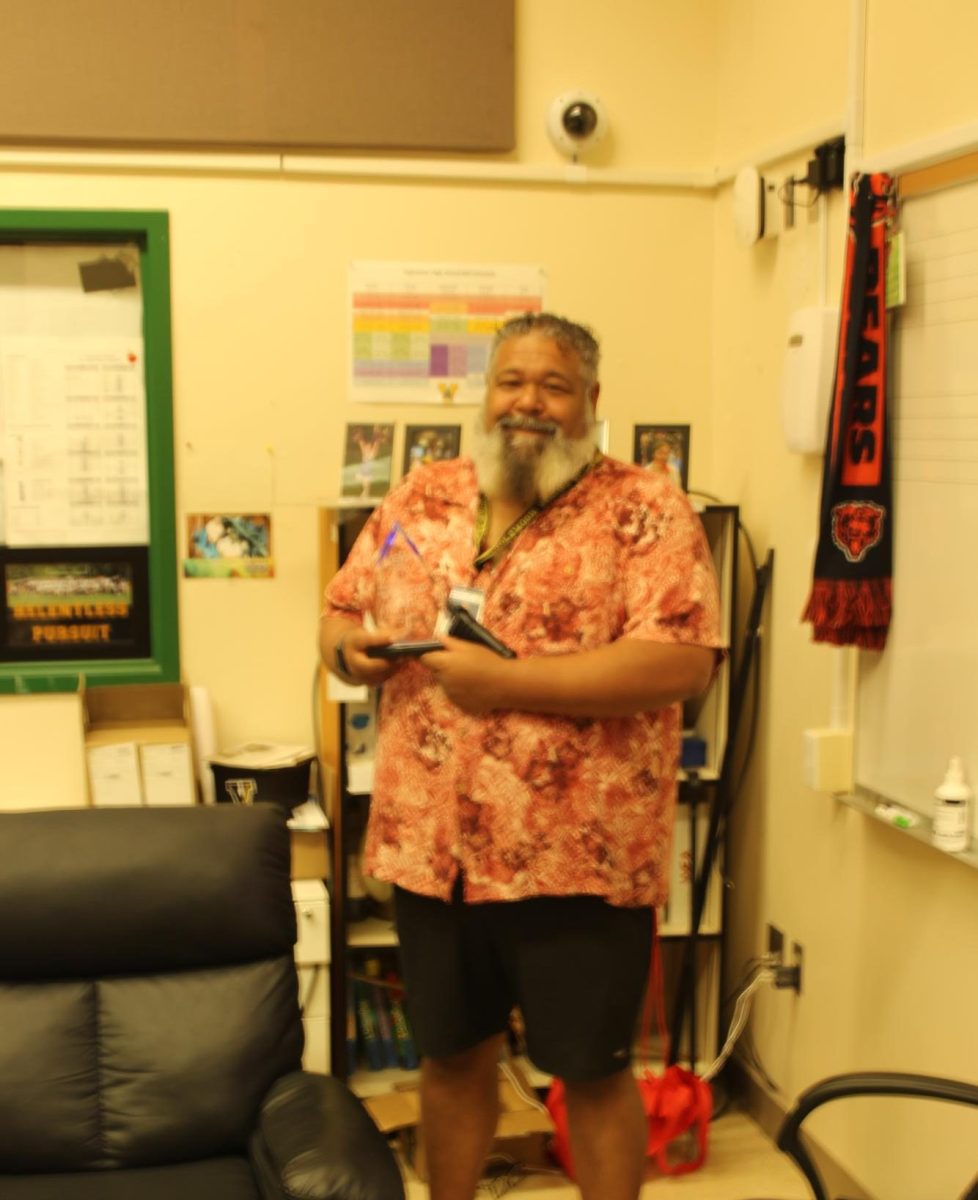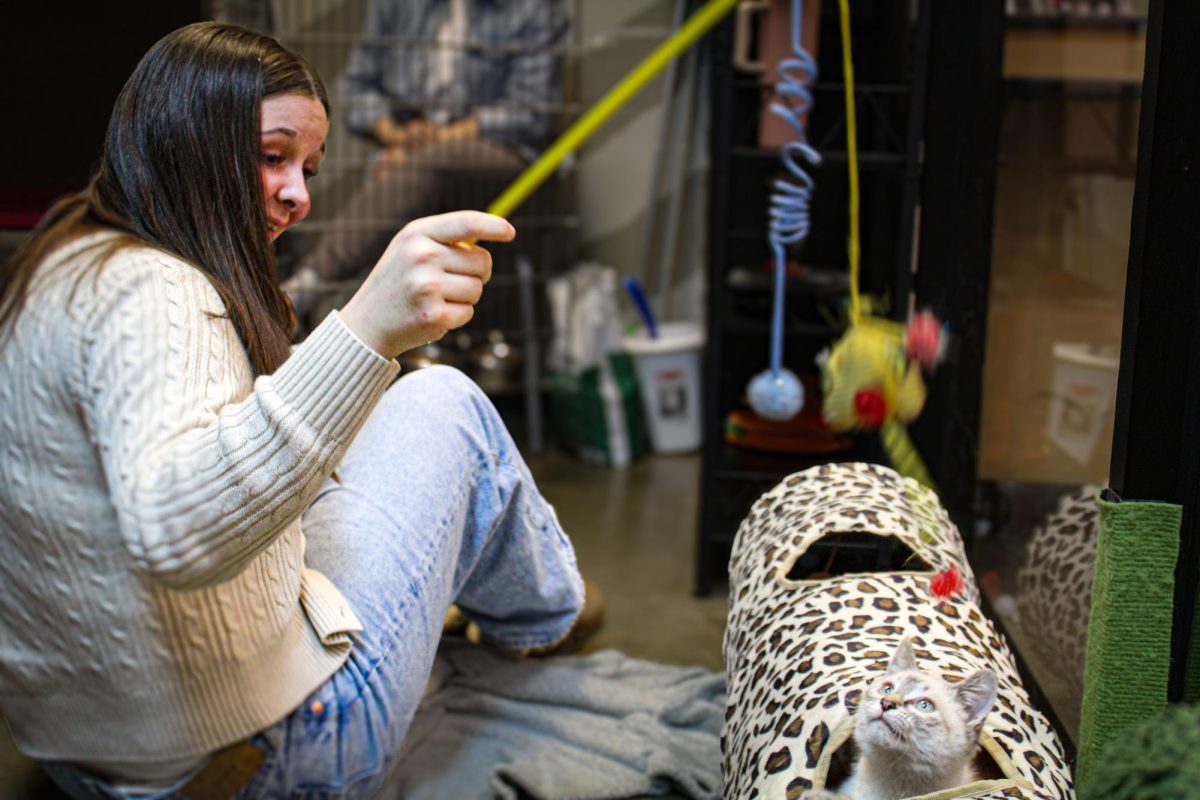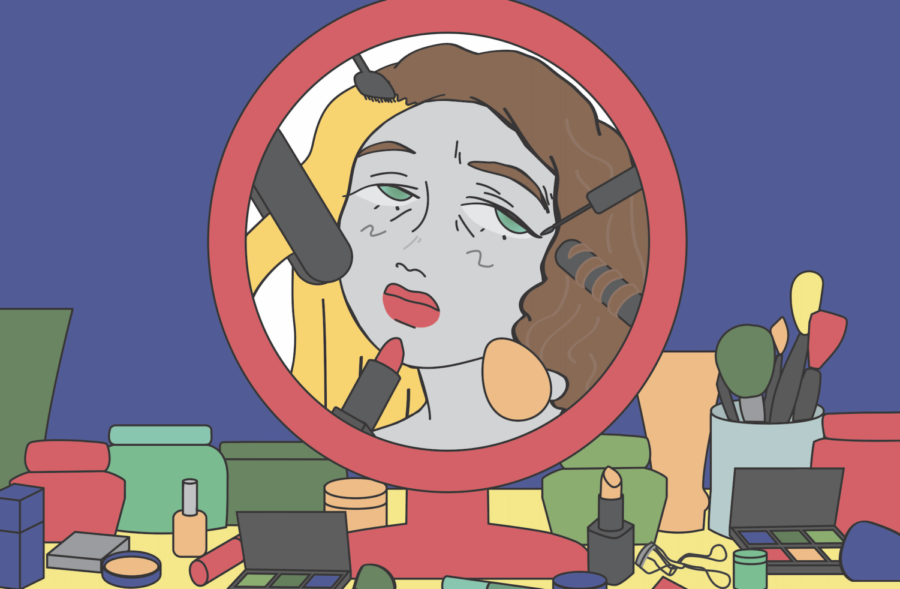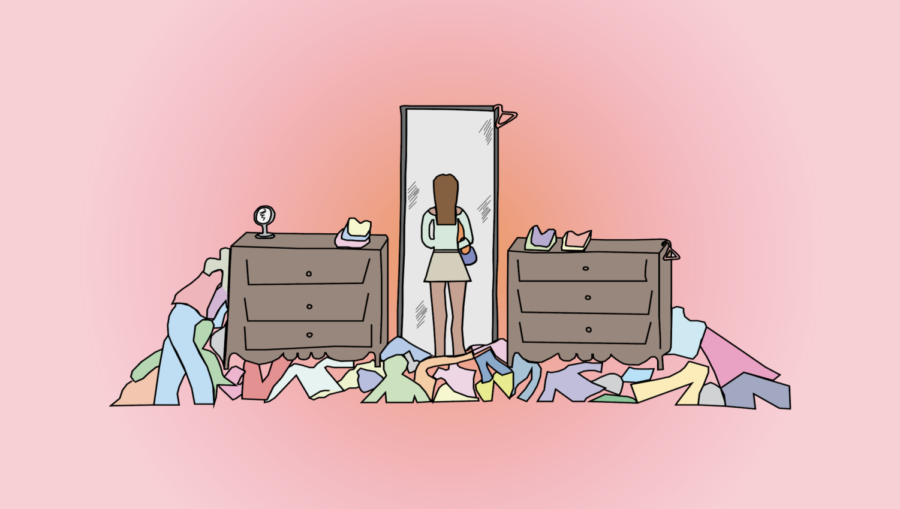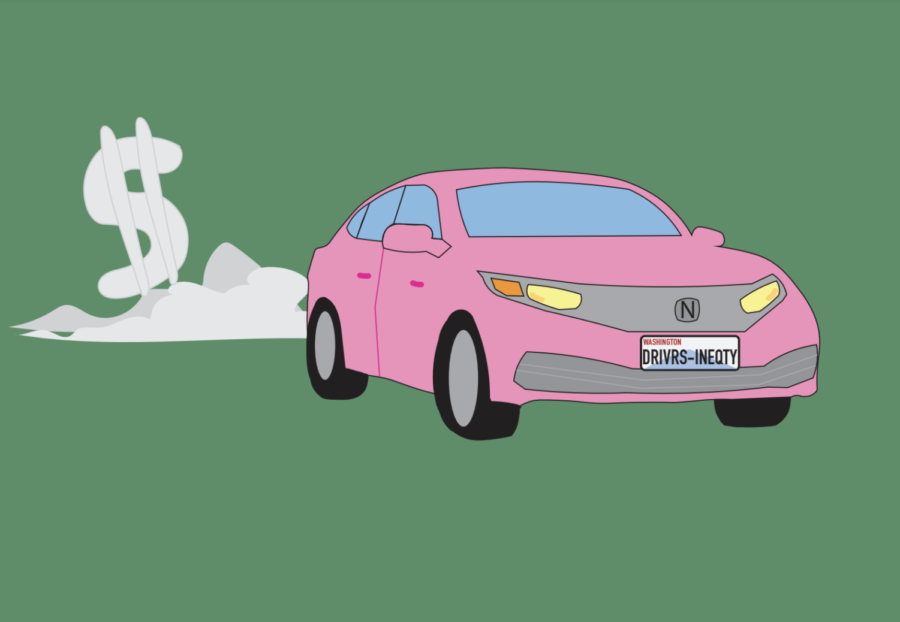On Nov. 24, South Africa reported the first case of a new COVID-19 mutation named Omicron. Five days later, the World Health Organization (WHO) announced that future surges of COVID-19 could occur as a result of Omicron, depending on where and how it spreads. The variant has since spread to nearly 40 countries, including the United States where, as of Dec. 16, it has been found in 33 states, even among fully vaccinated people. The U.S. and members of the European Union have banned travelers from South Africa; Japan, Israel and Morocco were even more cautious, banning all foreign visitors.
Since Omicron is new, scientists are still scrambling to find out more about the variant and how it might affect the general public. Although most experts say it’s too early to draw conclusions, data and studies indicate that the variant is less severe though much more transmissible.
Although the WHO also has “considerable uncertainties” regarding the Omicron variant, they believe that it should be handled in the same way as the Delta variant. The district is taking their advice. Clark Combs, the NSD COVID-19 Testing Coordinator, said the district’s current approach doesn’t need to be changed. Principal Adam Desautels agrees, saying that Delta and Omicron should be handled in the same way, though the administration will put more emphasis on COVID protocols such as social distancing, masks and vaccinations.
“I’m learning with everybody else,” Desautels said. “I think we have to assume [Omicron] is already here. I think that’s something that’s really important. To me, it’s a big threat.”
The district has been seeing a resurgence in COVID cases in the past two weeks, but Combs believes this is only a temporary spike and won’t be an issue going forward due to a rapidly increasing number of vaccinated 5-11 year olds in the district.
“Most of our cases in those batch tests are from elementary, and the only reason that is is because they’re not vaccinated,” Combs said, pointing to the lower infection rates among vaccinated students. “I think we’re gonna be in a good place; I don’t think we’re going to spike.”



